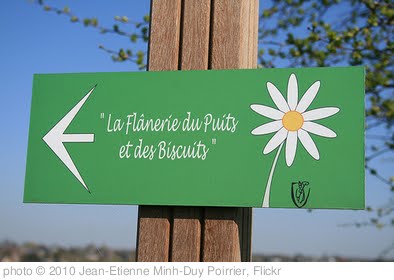My daughter and I think it’s funny that there’s a word for throwing someone or something out of a window: defenestrate. The word comes from Latin: de for down and fenestra for window, and it’s a transitive verb. So, you can defenestrate your garbage or your mother-in-law.
“There have been many defenestrations over the course of history, but the most famous, and the one that inspired the word defenestration, was the Defenestration of Prague on May 23, 1618. Two imperial regents and their secretary were thrown out of a window of the Prague Castle in a fight over religion. The men landed on a dung heap and survived. The Defenestration of Prague was a prelude to the Thirty Years’ War.”
The quotation is from Anu Garg’s site, Wordsmith.org or A.Word.a.Day. Can you think of any other famous defenestrations, either historical or fictional, because I’m blank? Brown Bear Daughter encountered the word in Eva Ibbotson’s YA novel, A Song for Summer. She says, by the way, that she liked the story but not the ending. (No, it doesn’t end in defenestration; that comes near the beginning of the novel.)
The above is a picture of a work of art in San Francisco called “Defenstration.” I also think the word would make another good blog title.
Prior Wednesday Words of the Week: galimaufry,flanerie, vatic, pavid, galactagogue, snollygoster, apophenia.





